Amid celebrity activism and government hurdles, the Kitasoo Xai’Xais Nation continues to fiercely defend its salmon farming autonomy in British Columbia
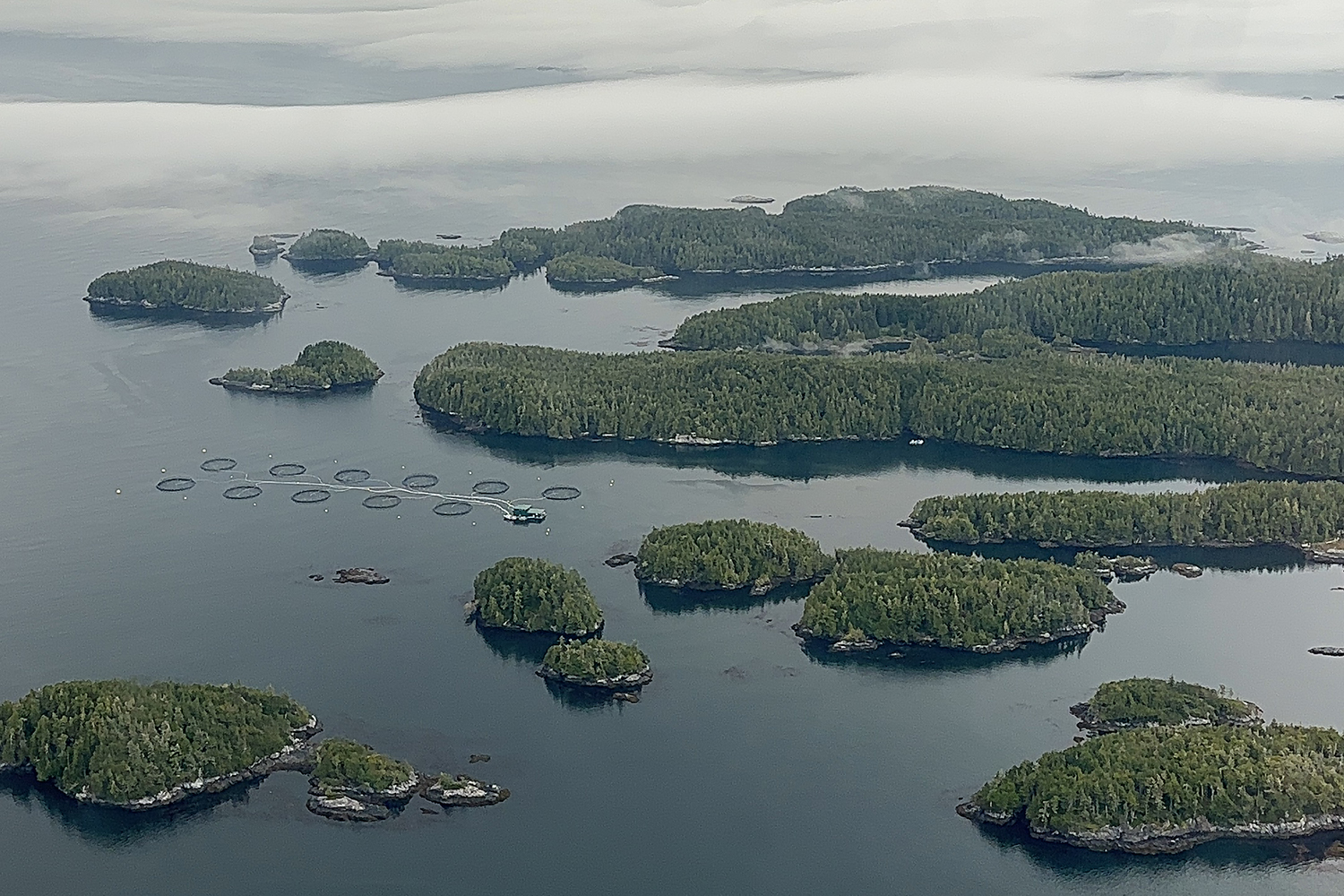
Ever since the first salmon net pens were placed in British Columbia waters more than 40 years ago, the industry has been the center of an emotionally charged debate pitting environmental activists against a diverse group of farmers, including several Indigenous communities that have come to depend on aquaculture for economic health and overall autonomy.
The noise of the conflict has increased in recent years as the Canadian government has weighed shutting down farms in near-shore waters in the face of pressure from environmental activists. Complicating matters is that some First Nations also see salmon farming as an environmental risk and not the economic driver that others do.
And this winter the volume was cranked high when Hollywood actor Leonardo DiCaprio threw some fuel onto the fire with an Instagram post that criticized the Canadian federal government for extending the licenses of salmon farming companies.
“The Canadian government is considering extending the licenses for open-net pen salmon farms in British Columbia (BC) by up to 6 years,” wrote DiCaprio. “This would break their promise to phase out open-net pen salmon farms, which contain non-native Atlantic Salmon, from coastal BC waters by 2025. Join @wildfirstcanada to stop license extensions for ocean-polluting Atlantic salmon farms in BC beyond 2025.”
To the Kitasoo Xai’Xais Nation in Klemtu, in B.C.’s Great Bear Rainforest, the star of the recent hit film “Killers of the Flower Moon” – based on a nonfiction book about a series of murders of Osage Nation members in the 1920s – DiCaprio’s post was misinformed and overlooked a key aspect of the salmon farming debate: Indigenous sovereignty and harvesting rights. It’s part of a wider global movement to assert Indigenous rights and revitalize traditional diets, economies and food sources, often undermined by centuries of colonization. For First Nations to exist and prosper, some communities are trying to preserve their community’s ocean-based salmon farming operations with their right to self-governance.
“The community has responded fiercely, condemning external influences and misinformation that undermine their efforts,” wrote the Kitasoo Xai’Xais Nation in a statement following DiCaprio’s post. “Decisions about our territories should not be made or influenced by external parties. We will not be governed by external influences who have excluded Coastal First Nations from writing their own narratives and determining their own futures.”
A major turnaround
Many First Nations, like the Kitasoo Xai’xais, see ocean-based salmon farming as vital to ensuring food security, economic opportunities and cultural revitalization for their communities. For many, salmon farming has been a transformative force, especially for some communities devastated by centuries of forced assimilation, land theft, genocide and colonization.
The Kitasoo/Xai’xais Nation is relatively new, formed in the 1870s after epidemics decimated their populations. The 1876 Indian Act imposed further challenges: First Nations in coastal B.C. were confined to reservations, lost land and water management rights, and faced bans on traditions like potlatches. Indigenous children were forcibly placed in residential schools, where they were forbidden from speaking their language or practicing their culture and suffered abuse. This system, which lasted into the late 20th century, disrupted the transmission of traditions. Today, First Nations across Canada still grapple with the trauma and loss of cultural knowledge from this era.
The Kitasoo Xai’xais Nation is committed to creating jobs and economic opportunities for its people through sustainable resource extraction – including farming in its traditional territorial waters. The Kitasoo Xai’Xais Nation began farming and processing salmon in the late 1980s, forming a partnership for the business with Mowi (then Marine Harvest) in 1998.
In recent interviews with The Advocate, local leaders from the community said salmon farming has had a profound impact on employment, economic growth and the empowerment of Indigenous communities. Before salmon farming, employment rates were dire, hovering at a mere 5 percent in the 1970s due to the collapse of the commercial salmon fishery in 1969. The community struggled with social issues, like high suicide rates among young men, which they attributed to complex factors such as unemployment, assimilation, land theft and colonization.
Today, however, employment rates in the nation are 99 percent, something Isaiah Robinson, elected councilor in the Kitasoo Xai’xais Nation, credits to salmon farming.
I don’t want to leave, I love my job. The government needs to help us protect what we’ve built here.
“Salmon farming in the nation has been more beneficial than anything at this point, we have a 99 percent employment rate and 51 percent of that overall, is the farms,” said Robinson. “So it’s quite a substantial part of our overall nation.”
Central to the success of producing a value-added farmed salmon product has been the Kitasoo model of ownership and self-governance. Through a combination of expectations and regulations, the community has managed its resources with a vision of multi-generational sustainability.
“We’re probably one of the most progressive communities on the coast of B.C.,” Robinson said. “In the regard of environmental management to economics. You know, the main thing for us is that stuff needs to be done in a good manner. And so, when it comes down to this [Klemtu Smoked Spirit salmon] product and how it supports the Nation, we’ve developed a sense for it to support our people to represent our brand and represent the community in a good way.”
The Klemtu Smoked Spirit Salmon is a hot-smoked salmon product sold across Canada. It has become a symbol of the nation’s commitment to sustainable resource management and the right to self-governance.
This journey has not been without challenges. The Kitasoo Xai’Xais Nation has faced obstacles in working with the government to reach agreements that recognize its right to self-govern and manage its salmon farms independently.
Douglas Neasloss, chief councilor and stewardship director for the Klemtu community, recalls difficulties the community had in the 1990s when trying to introduce a Marine Protected Area, or MPA, into the territory.
“Our goal for the last 20 years has been to work to try and move towards some sort of marine protection,” said Neasloss. “We’ve tried to collaborate with different levels of government, enduring government changes and priorities. My Nation finally said, let’s stop waiting for the government, because 20 years later, we still had no protected areas. So, we took it upon ourselves to develop our own management plans. Under the direction of the hereditary chiefs, we basically wrote a declaration and declared that some of our areas will be protected.”
In 2022, the nation wrote a declaration and a management plan declaring Kitasu Bay as an Indigenous MPA. It’s one of the first Indigenous marine protected areas on the coast. This feat was only possible through Indigenous leadership and collaboration with industry.
Neasloss echoes the statements made by Robinson: “Whatever we do, we want to make sure it’s sustainable, that there’s still something left for the next generation. That’s really important.”

What’s next for the Kitasoo Xai’xais Nation?
Despite the successful proof the Kitasoo Xai’xais Nation and other pro-salmon farming nations have provided to show that they can successfully self-govern their territories (see the Kitasoo Xai’xais Nation proposed transition plan for salmon farms in its community) and resources in a way that supports their economy and protects the environment, they still face opposition from outside third parties who are unfamiliar with their situation.
Their struggles with elected officials in government are only one example. Ultimately, DiCaprio and the Trudeau government are calling for the total phase-out of open-net pen salmon farming by 2025, which older members of the Kitasoo Xai’xais Nation who experienced the impact of the fishery closure in 1969 say would have devastating consequences.
Ruth Robinson, a member of the community well into her sixties, still works at the smoke plant and is worried about the future of salmon farming. She had to leave her home once after the closure of the fishery, and now that she’s finally regained her sense of belonging and comfort in her community, she is worried again that it could be stripped away if the Canadian government decides to remove the farms.
“I don’t want to leave, I love my job,” said Robinson. “The government needs to help us protect what we’ve built here.”
Now that you've reached the end of the article ...
… please consider supporting GSA’s mission to advance responsible seafood practices through education, advocacy and third-party assurances. The Advocate aims to document the evolution of responsible seafood practices and share the expansive knowledge of our vast network of contributors.
By becoming a Global Seafood Alliance member, you’re ensuring that all of the pre-competitive work we do through member benefits, resources and events can continue. Individual membership costs just $50 a year.
Not a GSA member? Join us.
Author
-

Emily DeSousa
Emily is a fisheries scientist and a social media content creator based in Niagara, ON. She is the founder of Seaside with Emily, an online travel and seafood blog. She also works as a research consultant for the FAO and IIED, where her work focuses on small-scale fisheries and international trade.
Seaside with Emily
https://seasidewithemily.com/
(Instagram: @seasidewithemily, Twitter: @emilyseaside, Linkedin: Emily De Sousa)
IG: https://www.instagram.com/seasidewithemily/
Twitter: https://twitter.com/emilyseaside
Tagged With
Related Posts
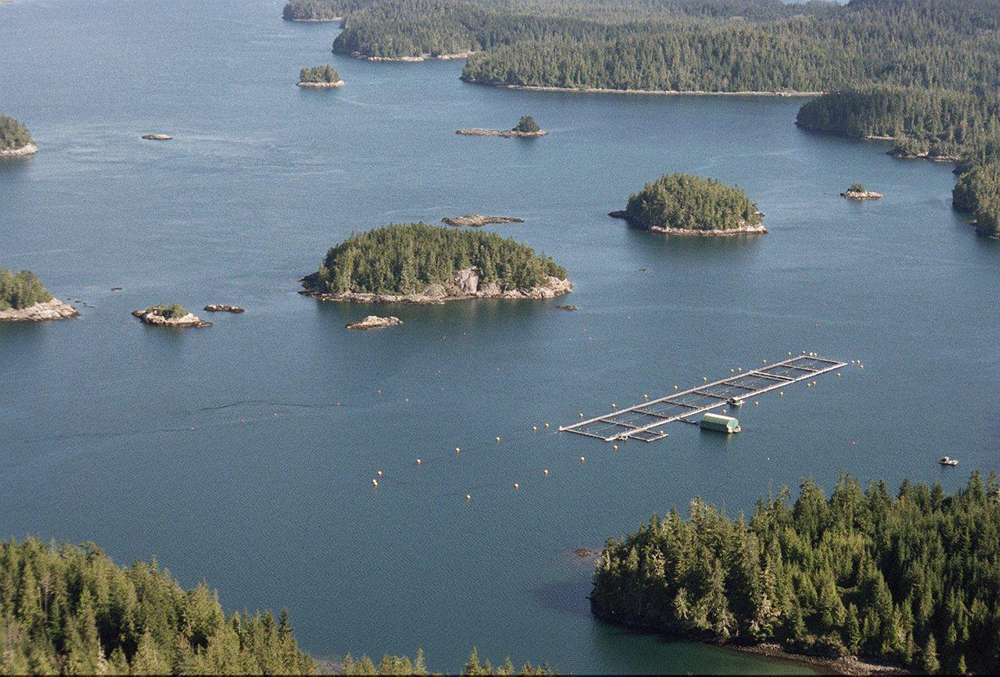
Intelligence
Aquaculture sector reacts to Canadian government’s ‘devastating decision’ to close Discovery Islands salmon farms
A salmon producers' association and a coalition of First Nations say the move ignores scientific evidence and Indigenous rights and title.
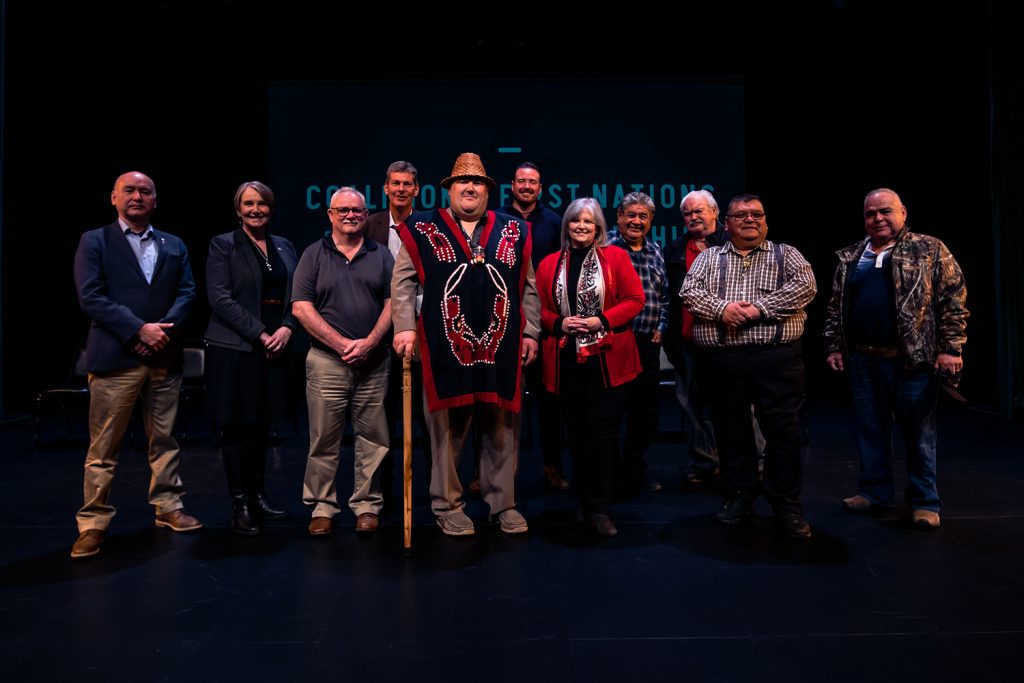
Responsibility
Some First Nations are asserting their right to farm salmon, despite pending government closures
With salmon farm closures imminent, some First Nations are taking action to preserve ocean-based farming and assert Indigenous sovereignty.
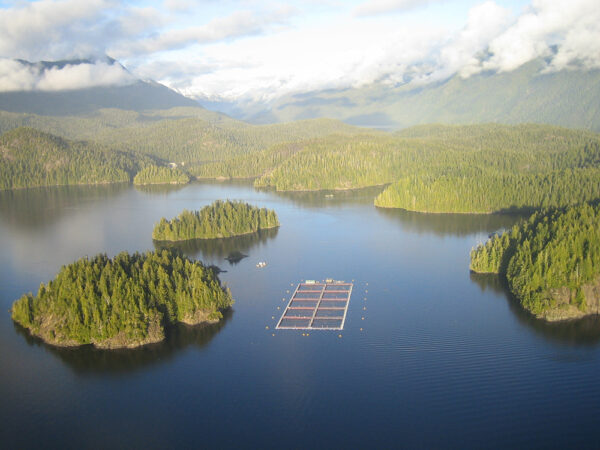
Intelligence
Canadian salmon farmers: ‘Leave us out of your shutdown’
The potential of a salmon-farming ban in Washington state is being monitored closely next door, in British Columbia, where many more salmon farms operate. But they’re not worried about a spillover effect.
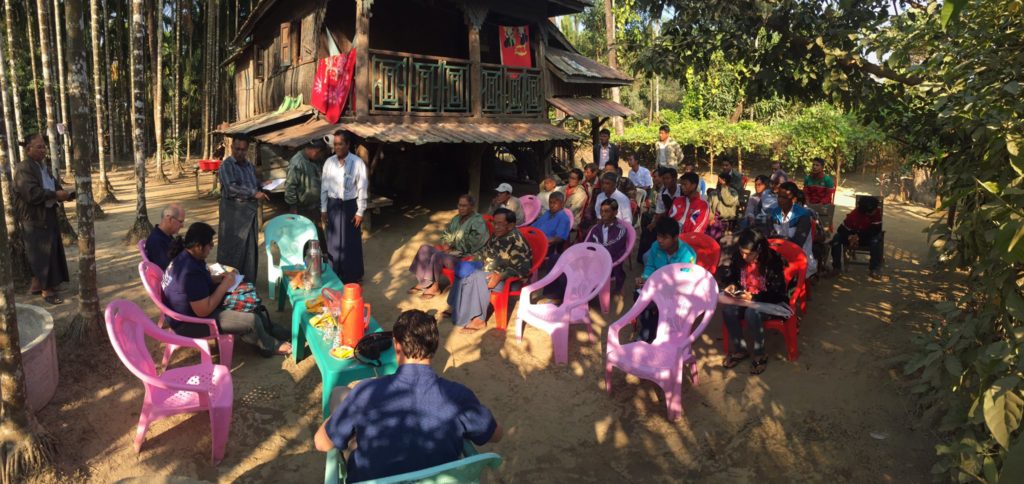
Responsibility
Aquaculture Exchange: Corey Peet
Shrimp farming expert Corey Peet discusses the work of convening multiple stakeholders in Southeast Asia, the role of certification and the dynamics of sustainability challenges confronting marketplace demands.


